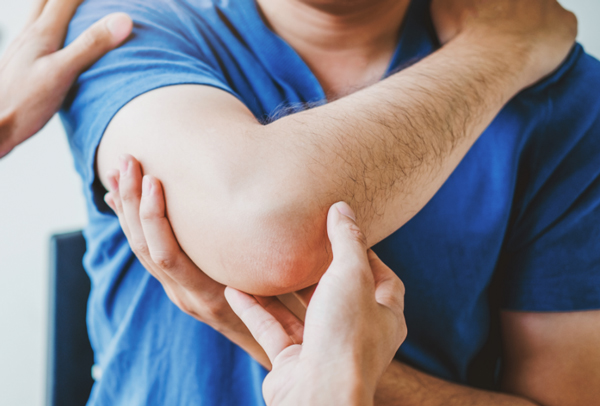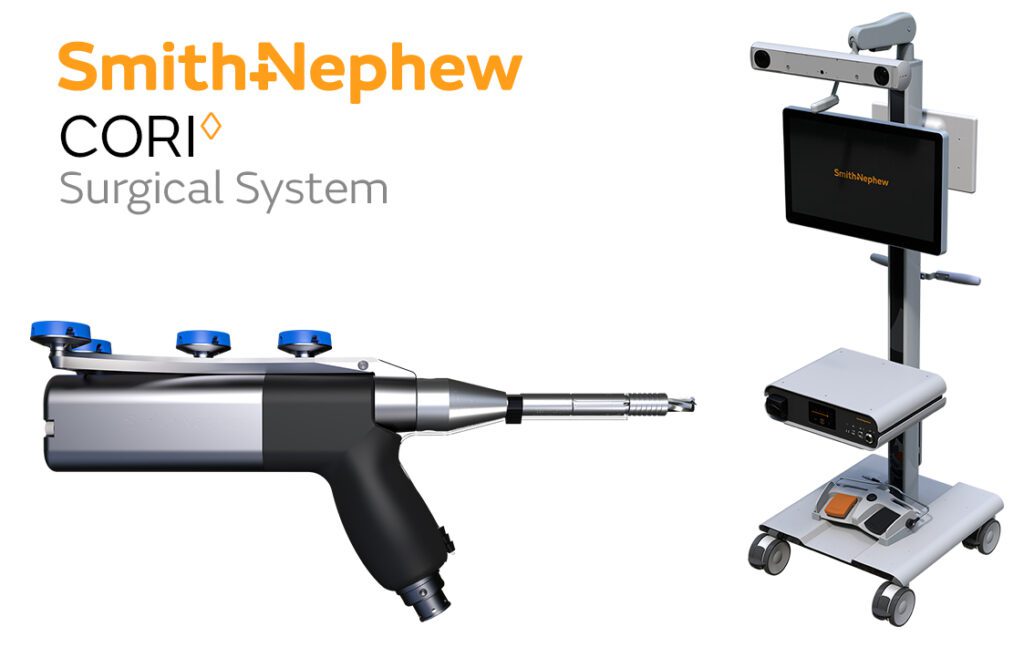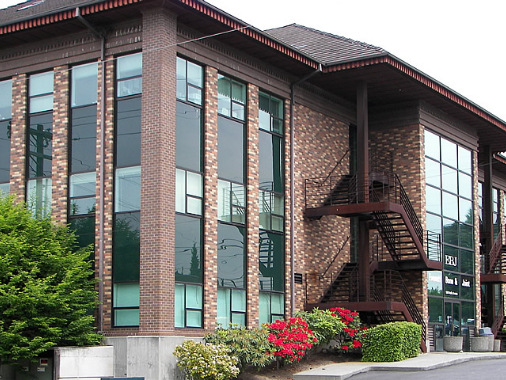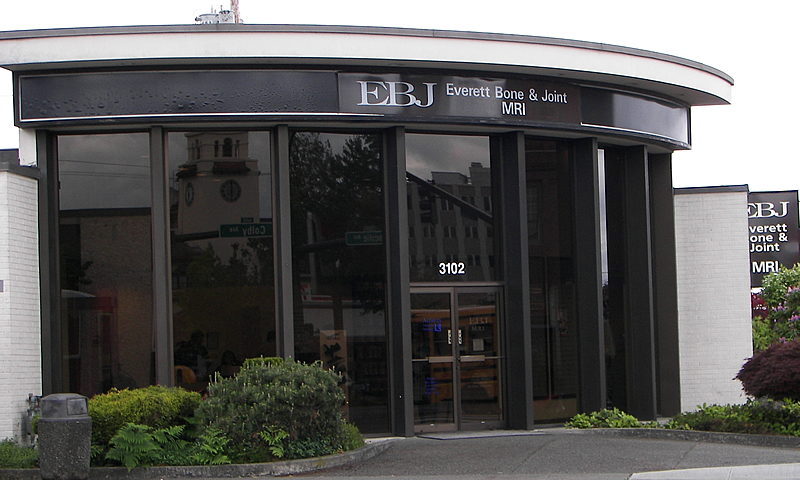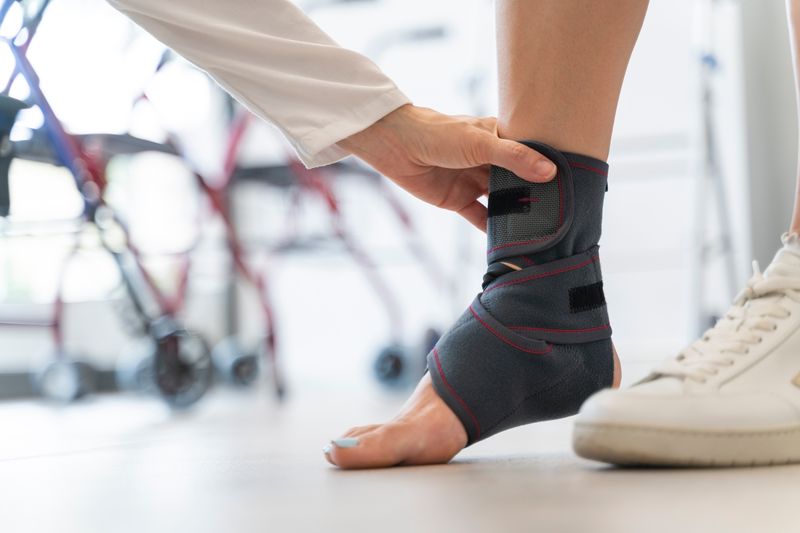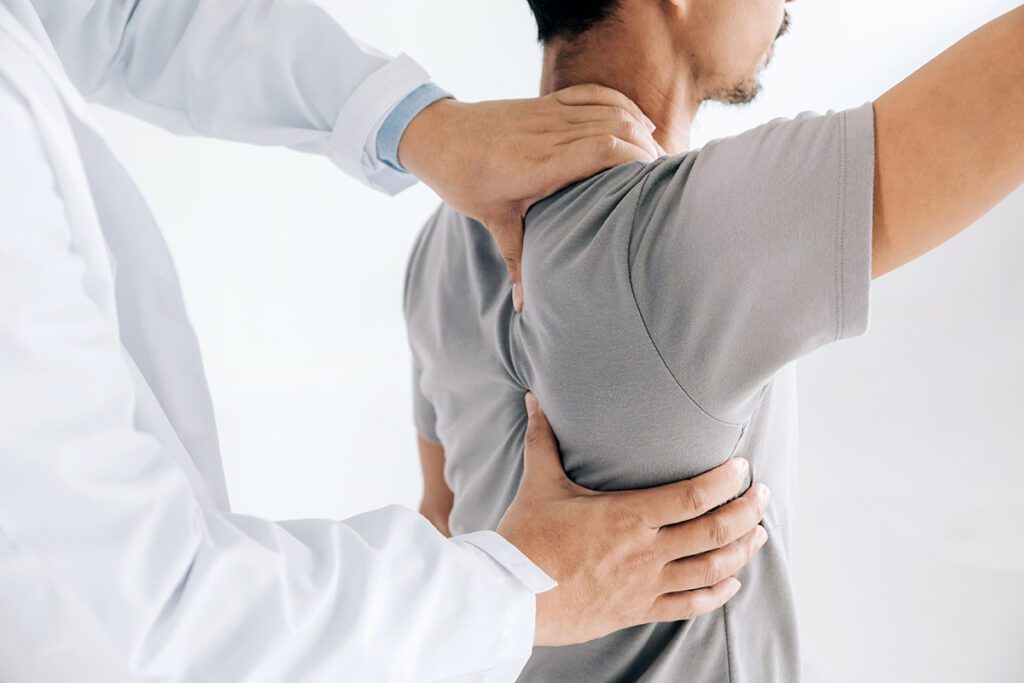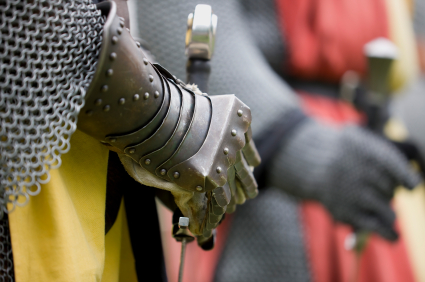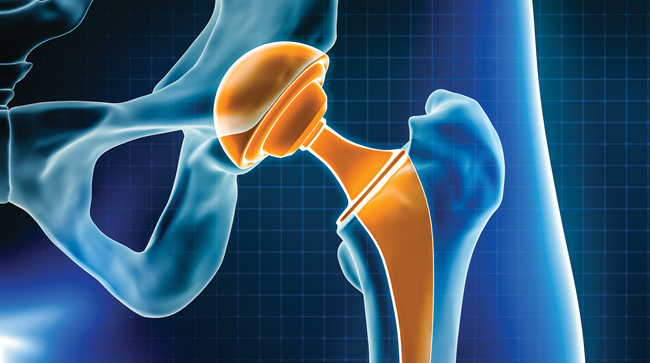
Shoulder Conditions
We at Proliance Surgeons Everett Bone & Joint are known for using innovative methods to treat our patient’s shoulder conditions. Below you’ll find a list of some of the shoulder problems we treat and our approach to healing your condition.
Request an Appointment
Conditions of the Shoulder
Arthritis of the Shoulder
The shoulder is made up of three bones that can be affected by five types of arthritis: osteoarthritis (wear-and-tear), rheumatoid arthritis (autoimmune and chronic), posttraumatic (from an injury), rotator cuff tear arthropathy, and avascular necrosis (disruption of blood supply to the humerus). Symptoms can include shoulder pain, limited range of motions, and hearing a grinding or snapping sound during shoulder movement.
Biceps Tendinitis
This condition is an inflammation or irritation of the upper biceps tendon and is typically caused by normal activities bringing wear and tear to the tendons throughout our life. The symptoms include pain or tenderness in the front of the shoulder, pain and ache moving down the upper arm bone, and a snapping sound in the shoulder.
Dislocated/Unstable Shoulder
There are two types of dislocated shoulder conditions: partial and total. A partial dislocation is when the head of the upper arm bone is partially out of the socket and a complete dislocation means it is completely out of the socket. The symptoms include swelling, numbness, sudden, extreme pain, bruising, deformity, and shoulder weakness. Dislocation can sometimes cause ligament or tendon tears along with damage to the nerves.
Shoulder Fractures
These types of fractures can include dislocations, but commonly involve the collar bone, upper arm bone, and shoulder blade becoming fractured. They can also be soft-tissue injuries where the ligaments, tendons, muscles, or joint capsules are torn. Shoulder fractures are typically caused by a direct blow to the area and symptoms include pain, swelling, bruising, inability to move the shoulder, a grinding sensation, and deformity.
Frozen Shoulder
Also known medically as adhesive capsulitis, a disorder that causes pain and stiffness in the shoulder, eventually becoming very difficult to move. The causes of this condition include diabetes, prolonged immobilization of the shoulder (such as after surgery), and other diseases such as Parkinson’s or cardiac.
Shoulder Tendonitis
Also known as the swimmer’s shoulder, this condition occurs when the top outer edge of the shoulder blade rubs against or pinches the rotator cuff. Some of the causes include a torn or swollen tendon, the bursa becoming irritated and inflamed, or developing age-related bone spurs on the acromion.
Labral Tears
Also known as a shoulder joint tear, this injury occurs to the tissue rim surrounding the shoulder socket and is caused by repetitive motion or trauma, such as a direct blow to the shoulder or falling on an outstretched arm. The symptoms include dislocations, pain, catching or grinding, decreased range of motion, and loss of strength.
Rotator Cuff Tears
A common injury that frequently causes disability and weakens the shoulder. There are two main types of rotator cuff tears: injury and degeneration, the former caused by a sudden injury and the latter as a result of wearing down the tendon over time. Symptoms can include pain while resting or lifting and lowering your arm, weakness when lifting or rotating your arm, and a crackling sensation when moving the shoulder.
Shoulder Separation
This condition isn’t an injury to the shoulder joint, but to the acromioclavicular (AC) joint and is commonly caused by falling directly onto the shoulder. The injury can be a mild sprain to a complete disruption, usually indicated by having a large bump or not, and can involve tears in the ligaments.
Shoulder Doctors
- Foot and Ankle Orthopedic Surgery
- Knee Orthopedic Surgery
- Shoulder Orthopedic Surgery
- Sports Medicine
- Knee/Foot/Ankle
- Orthopedic Sports Medicine
- Orthopedic Surgery
- Complex Knee
- Shoulder
- Sports Medicine











